Description
“Aruna Asaf Ali: Her Contribution to Political, Economic, and Social Development” by Ranjana Arora and Verinder Grover is a comprehensive and insightful biography that delves into the life and achievements of one of India’s prominent freedom fighters, Aruna Asaf Ali. The book explores her significant contributions to the political, economic, and social landscape of India during a pivotal period in its history. Asaf Ali’s remarkable journey, from being an active participant in the Indian independence movement to her pioneering efforts in various socio-economic spheres, is expertly chronicled in this authoritative account.
The book opens by introducing readers to Aruna Asaf Ali’s early life, providing an in-depth understanding of the social and cultural context in which she grew up. It delves into her formative years and traces the pivotal events that shaped her political consciousness. The authors skillfully present Asaf Ali’s journey from her involvement in the Quit India Movement to her role as a leader in the Indian National Congress.
The biography explores Asaf Ali’s tireless efforts to address the economic challenges faced by the newly independent nation. It showcases her instrumental role in initiating and promoting economic reforms, particularly in the agricultural and industrial sectors. The book also highlights her contributions to social development, emphasizing her advocacy for women’s rights, education, and healthcare.
Arora and Grover provide a thorough analysis of Aruna Asaf Ali’s impact on Indian society, politics, and the economy. They skillfully contextualize her contributions within the broader historical narrative, offering a nuanced understanding of the challenges she faced and the strategies she employed. The authors draw upon extensive research and primary sources, including Asaf Ali’s writings and speeches, to present a well-rounded portrait of this remarkable figure.
The biography’s strength lies in its meticulous attention to detail and its ability to weave together multiple strands of Asaf Ali’s life. The authors skillfully blend personal anecdotes with political and social analysis, creating a narrative that is both informative and engaging. They bring to light lesser-known aspects of Asaf Ali’s life, shedding light on her work behind the scenes and her interactions with other prominent leaders of the time.
In comparison to other biographies on Indian freedom fighters, “Aruna Asaf Ali: Her Contribution to Political, Economic, and Social Development” stands out for its comprehensive approach. While many biographies focus solely on the political aspects of the subject’s life, this book delves into Asaf Ali’s contributions to economic and social development, providing a more holistic understanding of her impact.
The authors also excel in capturing the spirit and essence of the era in which Asaf Ali lived. They vividly describe the political climate, the struggles faced by the Indian population, and the remarkable courage and determination exhibited by Asaf Ali and her contemporaries. This contextualization allows readers to appreciate the significance of Asaf Ali’s contributions within the larger socio-political landscape of India.
At its core, “Aruna Asaf Ali: Her Contribution to Political, Economic, and Social Development” explores themes of courage, resilience, and the power of individual agency. The biography portrays Asaf Ali as a woman who defied societal norms and took on leadership roles in the male-dominated realm of Indian politics. It highlights her unwavering commitment to the principles of justice and equality, as well as her ability to inspire and mobilize others towards a common cause.
The book also sheds light on the socio-economic challenges faced by India during its early years of independence. It underscores the importance of inclusive development, with Asaf Ali’s work in promoting education, healthcare, and women’s empowerment serving as a testament to the transformative power of social reform.
About the Author:
Ranjana Arora and Verinder Grover have accomplished historians with extensive research experience in Indian history and politics. Arora has previously authored several books on the Indian independence movement and women’s history, while Grover is known for his expertise in documenting the lives of eminent personalities. Their collaboration in this biography brings together their collective knowledge and expertise, resulting in a well-researched and nuanced account of Aruna Asaf Ali’s life.
Arora and Grover’s writing style is engaging and accessible, making “Aruna Asaf Ali: Her Contribution to Political, Economic, and Social Development” suitable for both scholars and general readers. The authors strike a fine balance between academic rigour and storytelling, ensuring that the biography remains informative without becoming overly dry or dense. The use of primary sources and firsthand accounts lends credibility and authenticity to their narrative.
What People Say About This Book:
Reader reviews of “Aruna Asaf Ali: Her Contribution to Political, Economic, and Social Development” have been overwhelmingly positive. Many praises the book for shedding light on an often-overlooked figure in India’s independence movement and for its comprehensive approach to Asaf Ali’s contributions. Readers commend the authors for their meticulous research and engaging writing style, making the biography an enjoyable and enlightening read.
- Comprehensive coverage of Aruna Asaf Ali’s life and contributions.
- Meticulous research and use of primary sources.
- Engaging writing style that appeals to both scholars and general readers.
- Skillful contextualization within the broader historical narrative.
- Provides insights into socio-economic challenges and reforms during India’s early independence.


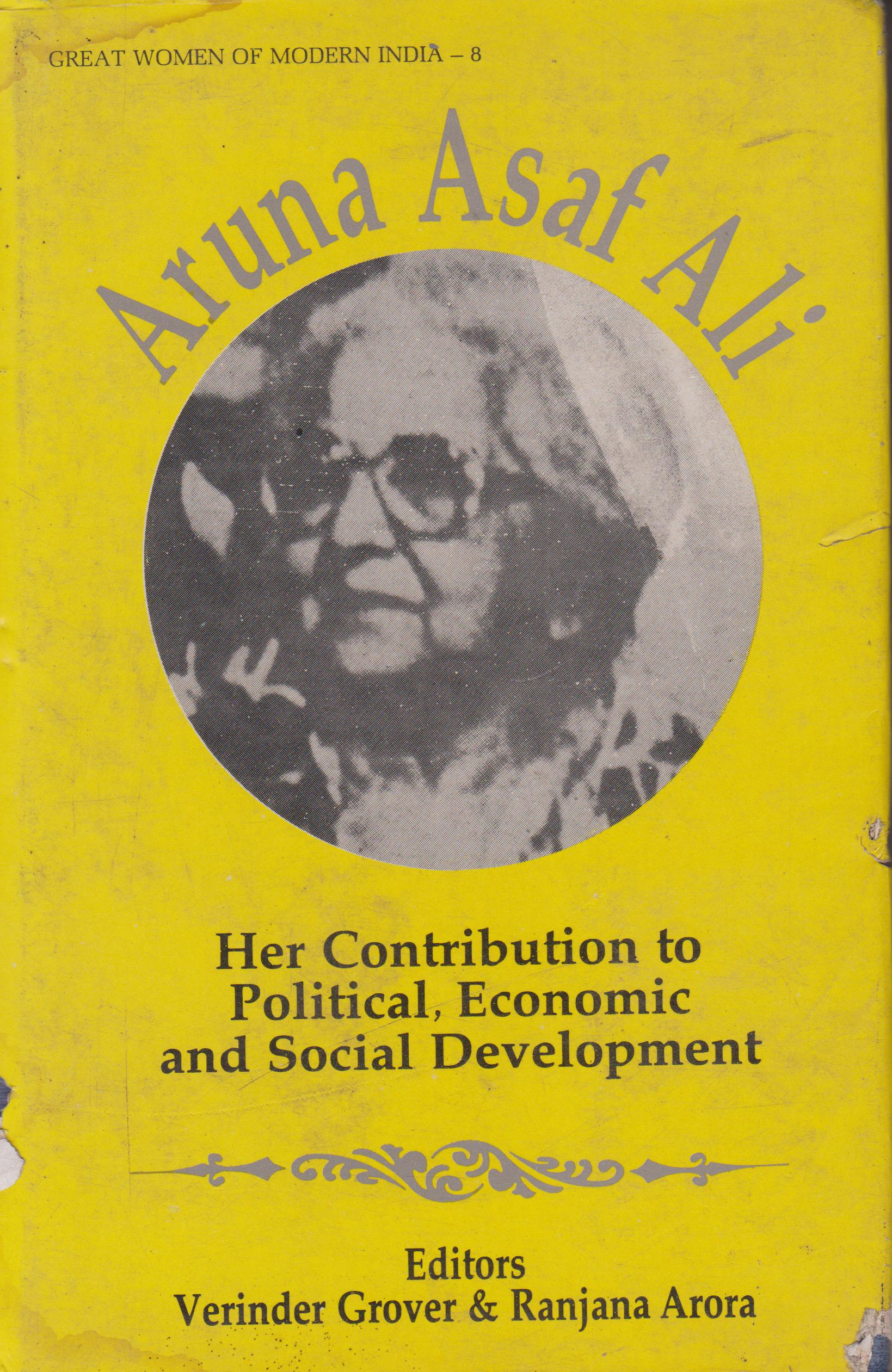
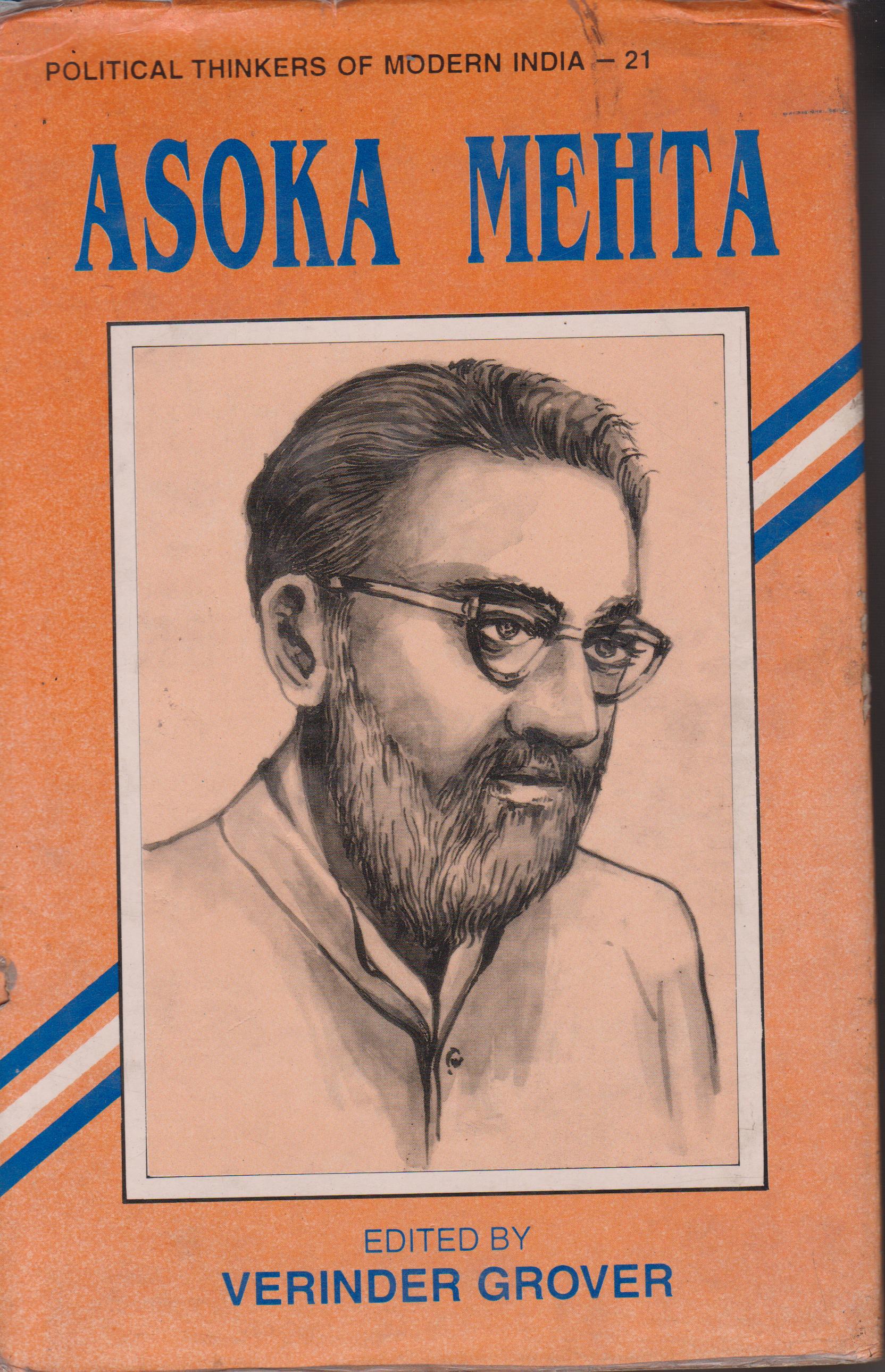
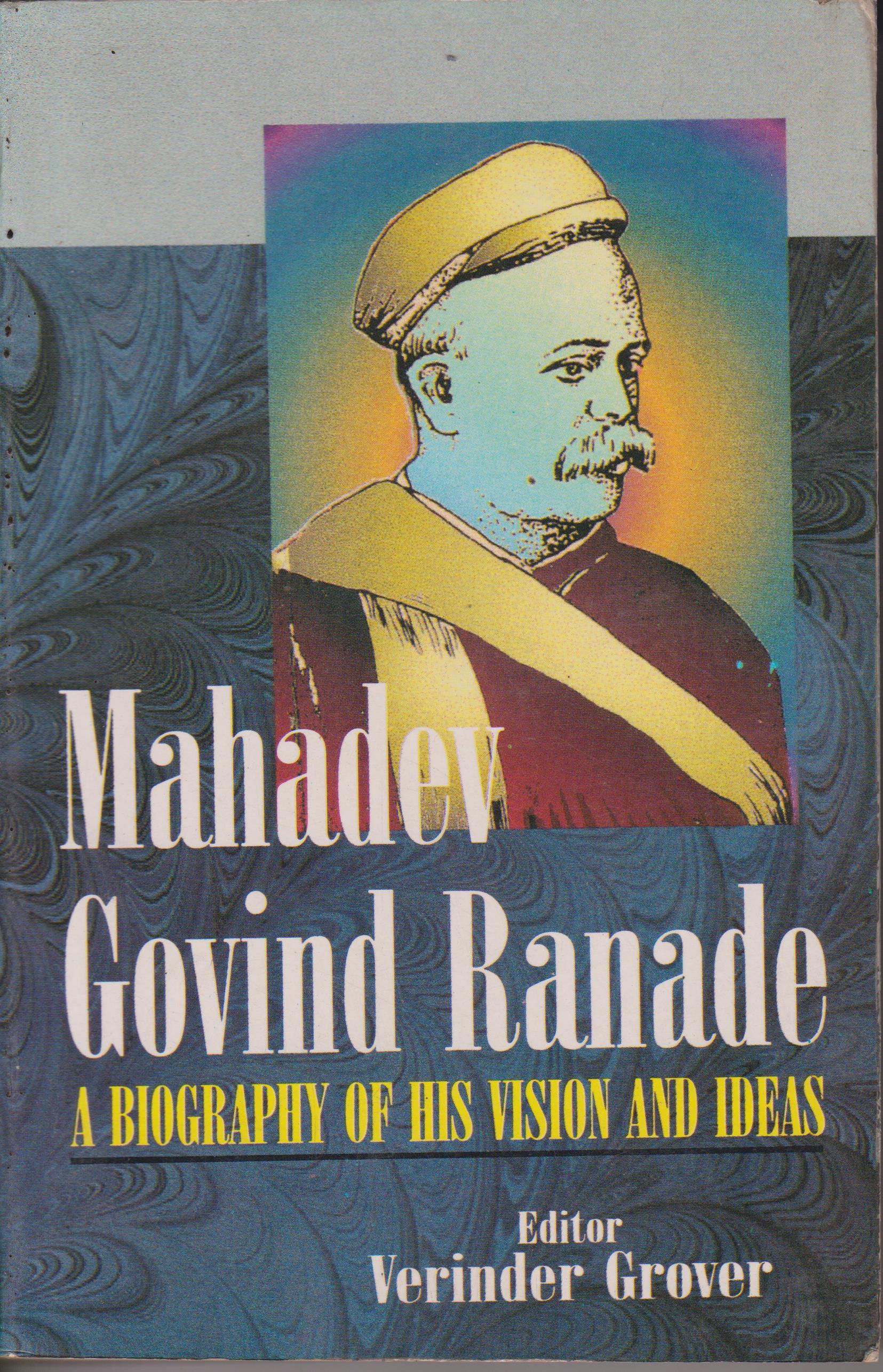
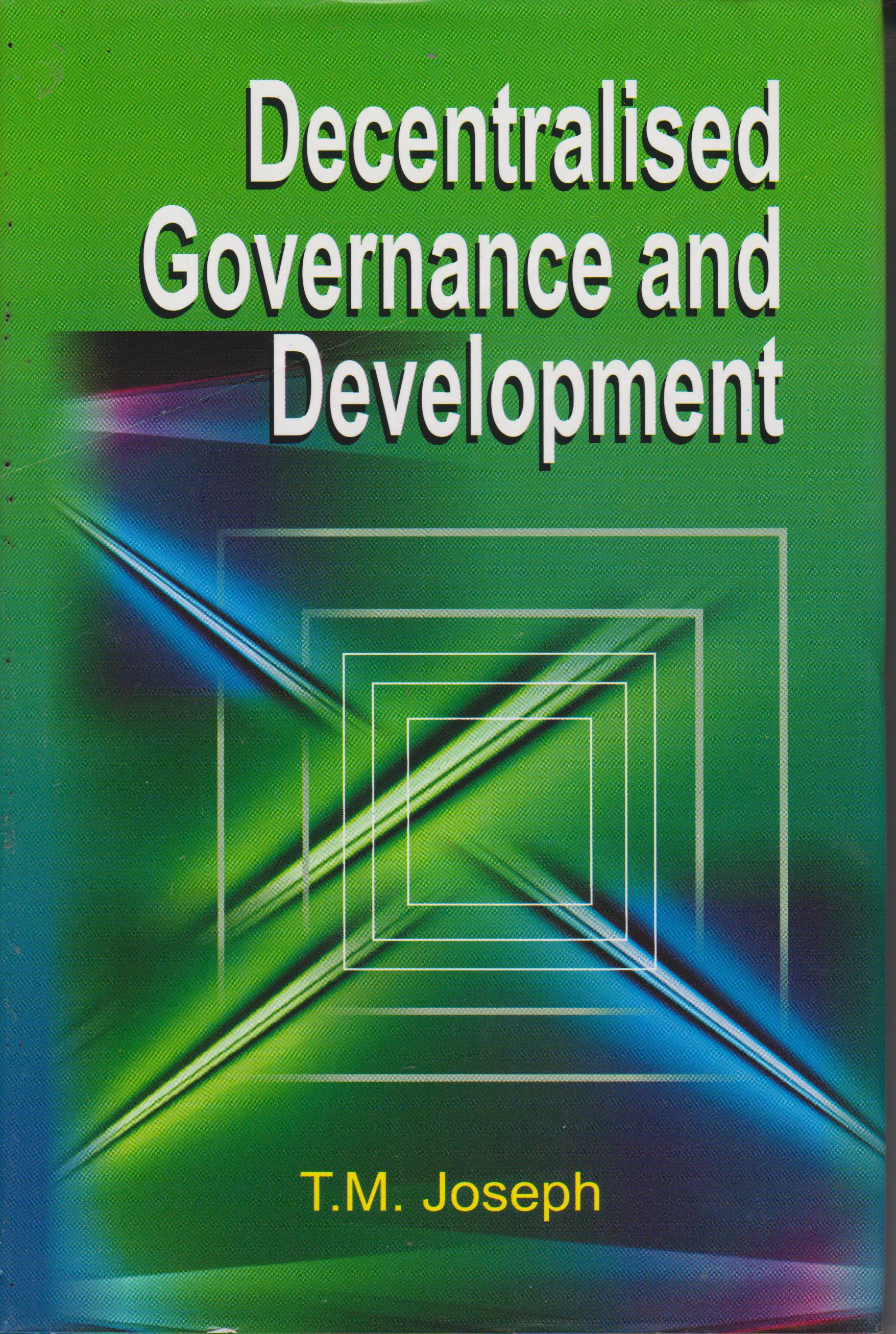
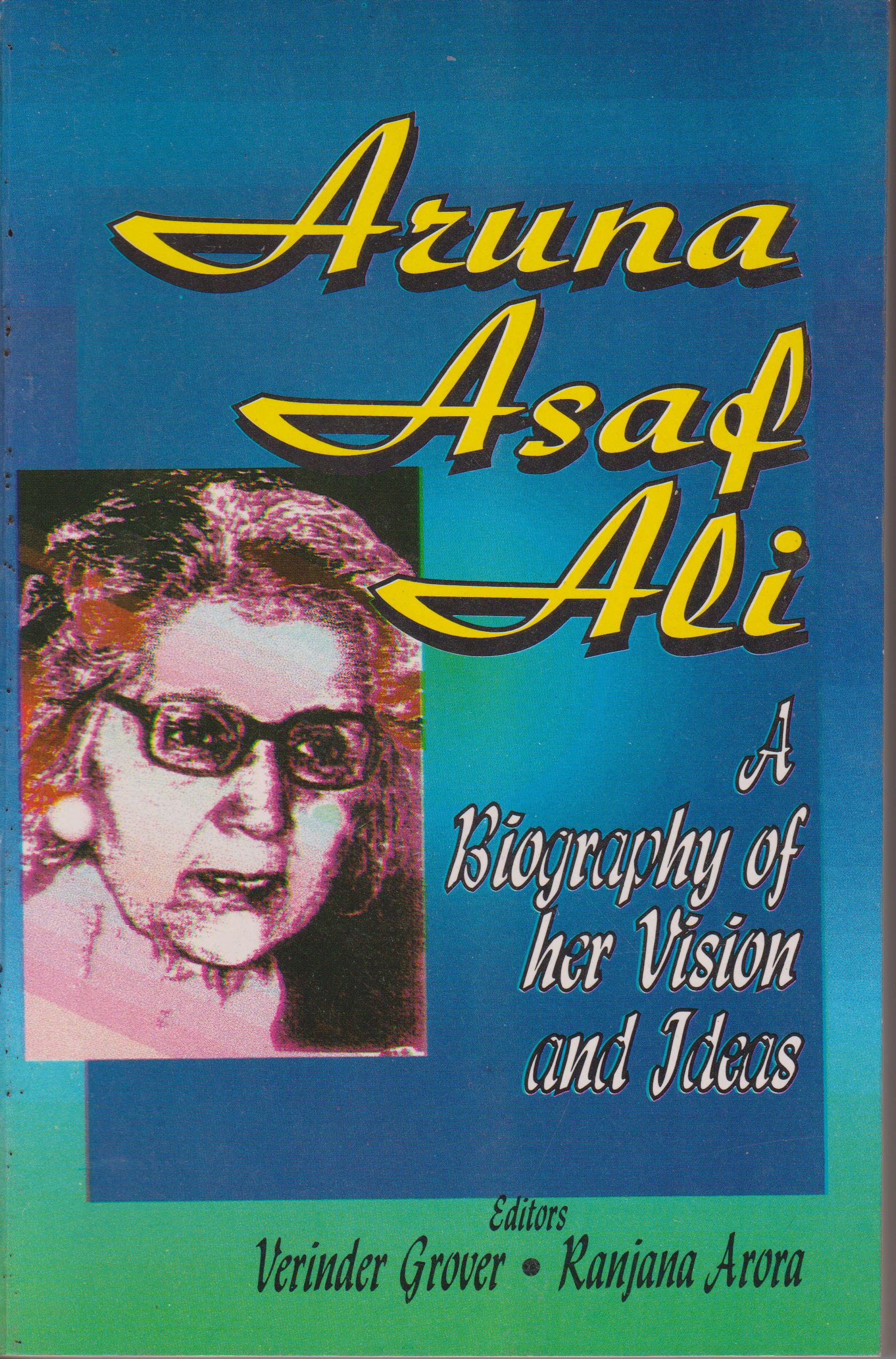

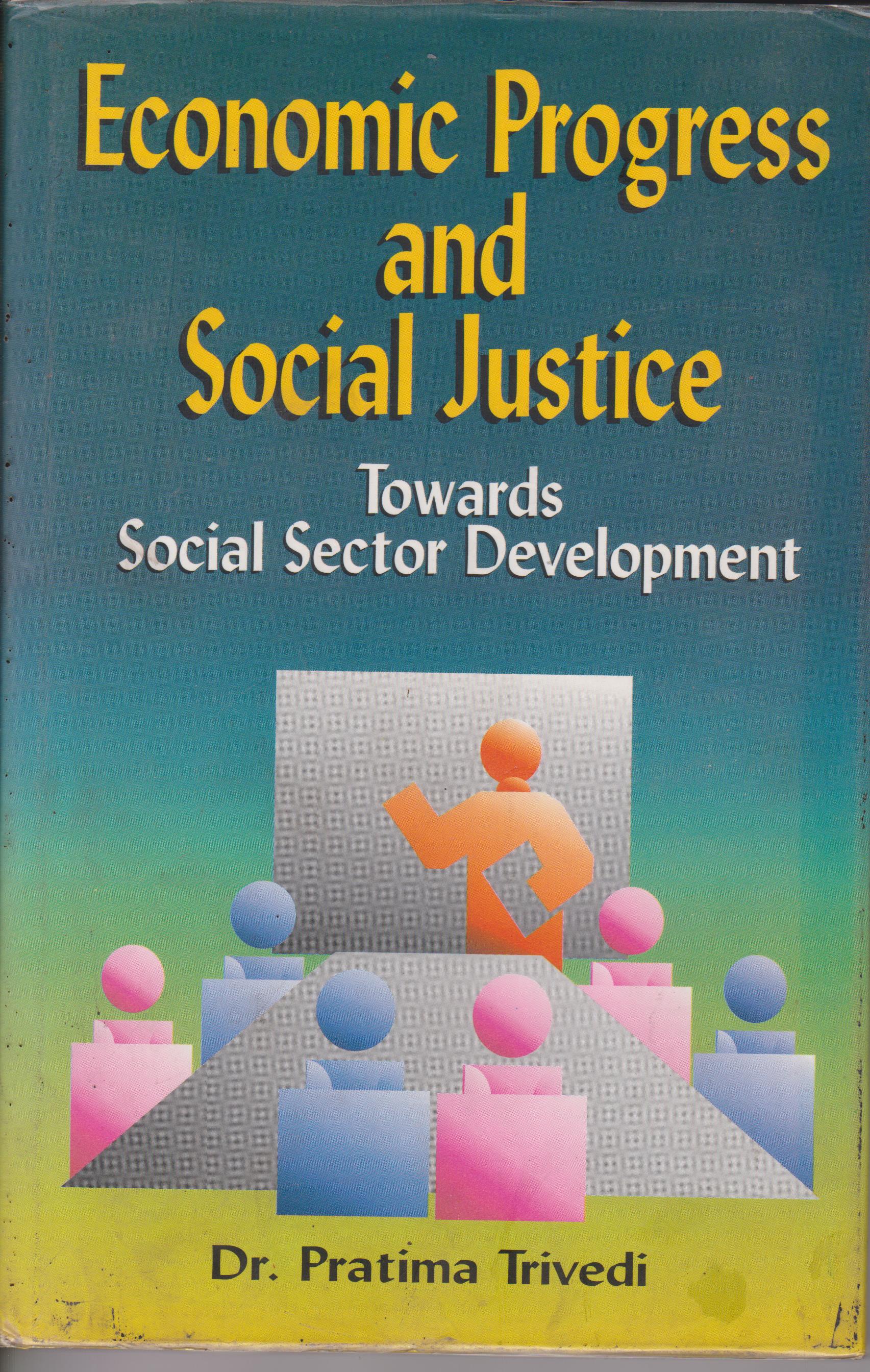
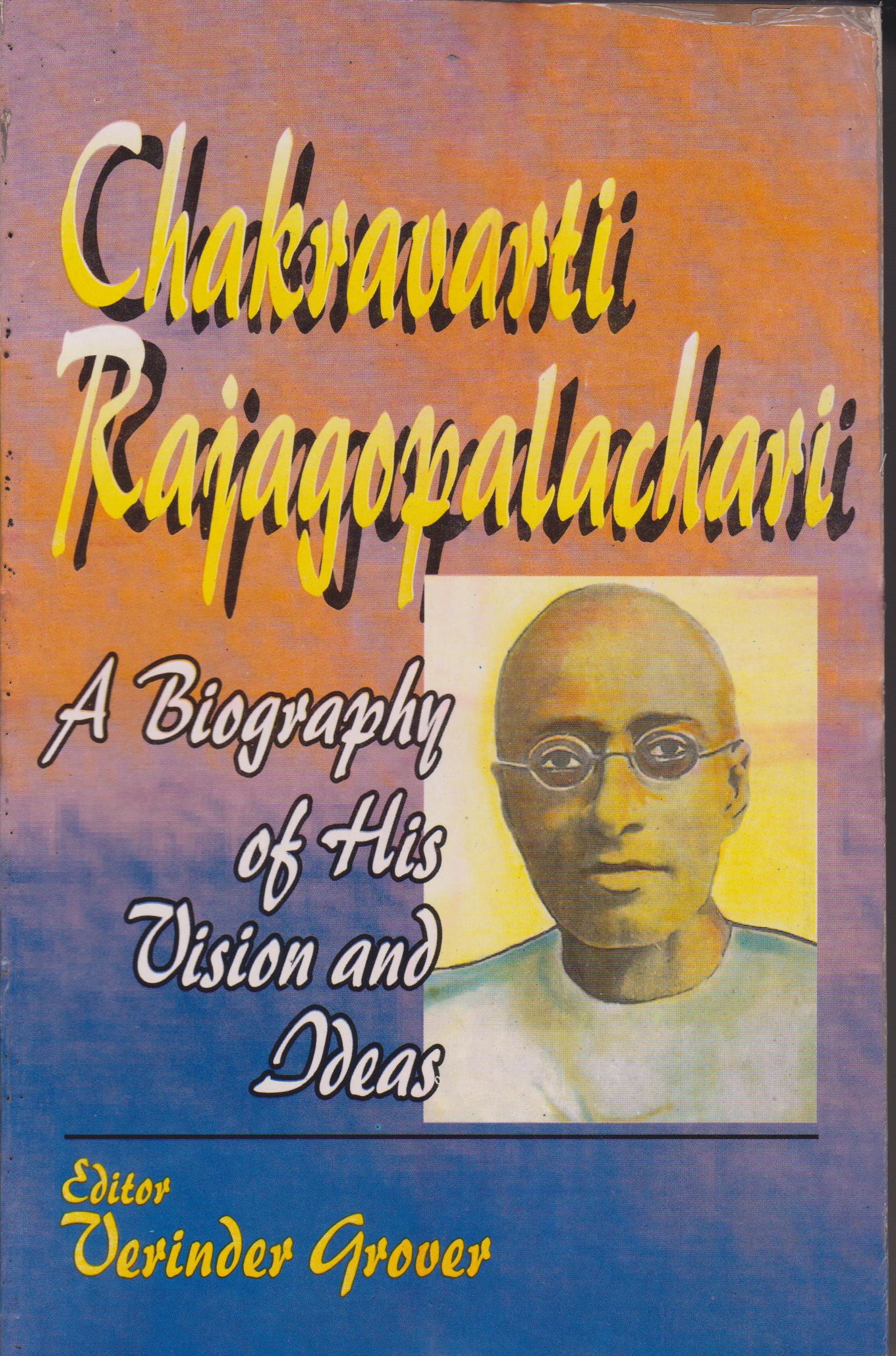

Reviews
There are no reviews yet.